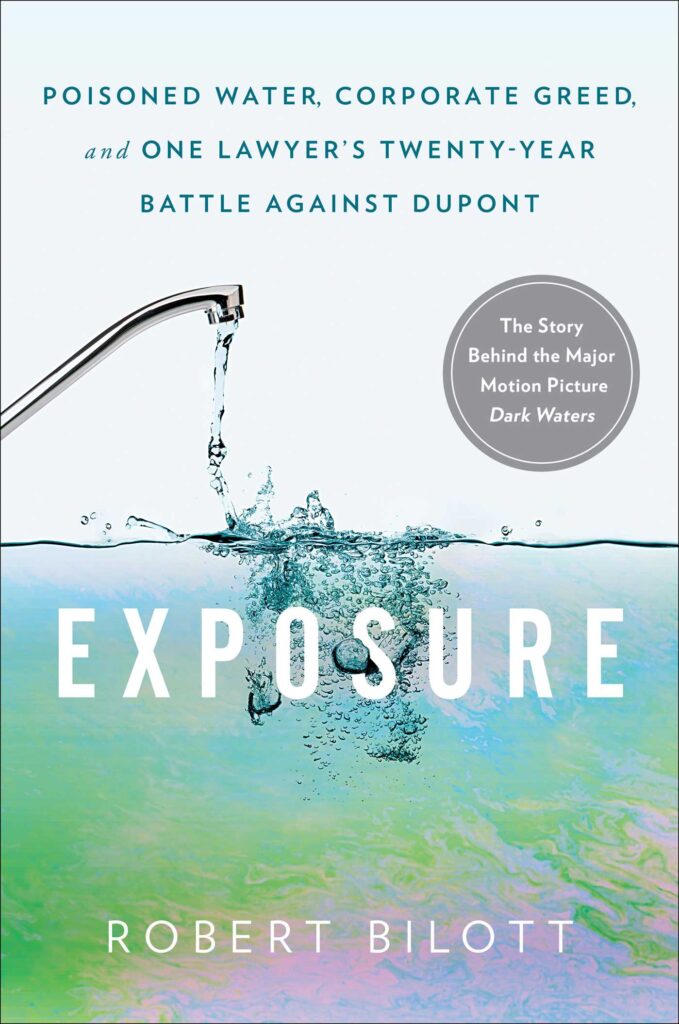Chapter 1: Bigelow & Swinehart
The main theme of the entire book is that everything is connected and starts us off with the link between plastic and poverty. On “Plastics and Poverty”, an article written by Van Jones, the author mentions that from production to disposable of plastic, impoverished communities are the ones burdened with the terrible effects of this cancerous material. Rather shocking information revealed in this article is the fact that recyclable material such as plastic ends up being trashed in developing countries. The plastic ends up being burned, creating toxic fumes that affect the poor people. Moreover, Jones talks about the idea of disposability– that everthing can be trashed; plastic, animals, resources and even humans. A good exemple mentioned in the article, is the high incarceration rates in the US, human lives are seen as trowaways because there are plenty more. Sometime we focus on cleaning the oceans but aslo forget about our own humanity. Nevertheless, we dont have to pick and choose between social justice or environmental issue, because everying is connected, so we can take care of both.
Chapter 1-2; Billott

In chapter one we are presented to the main character; Wilburn Earl Tennant- who is a farmer from West Virginia. Tennant clearly recognized that some poisonous material was killing his cows and causing sickness in his household. He asks and describes his situation to people including the state protection agency, but no one knew what was causing the deaths of his cattle. However, he strongly believes that toxic discharges derive from DuPont’s factory. That is when Bilott receives an unexpected telephone call from Earl Tennant, who ask for legal advice, and help and Billot seems to be apprehensive to take on this case.
As mentioned by Van Jones big corporations such as Dupont or plastic manufactures, tend to affect the poorer communities. In this case, Mr. Tennant is a good example. Why are those in the lower class often placed in positions of danger? Dupont deals with deadly chemicals, so why are people living close to it. This is links to ideas of disposability mentioned where impoverished communities, lack choices and are left to deal with dangerous chemicals. Big corporations, especially under capitalism, don’t think about who they affect, just about profitability.

